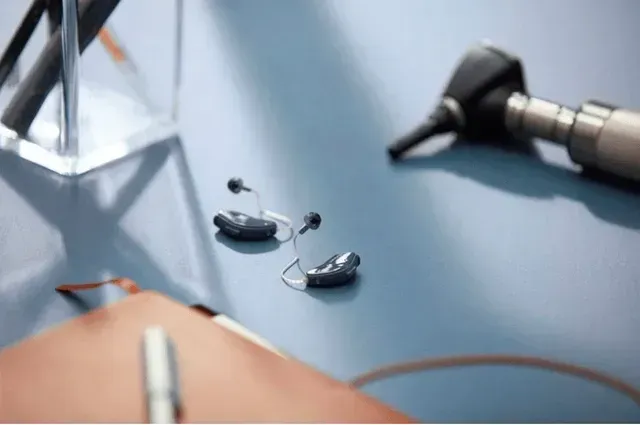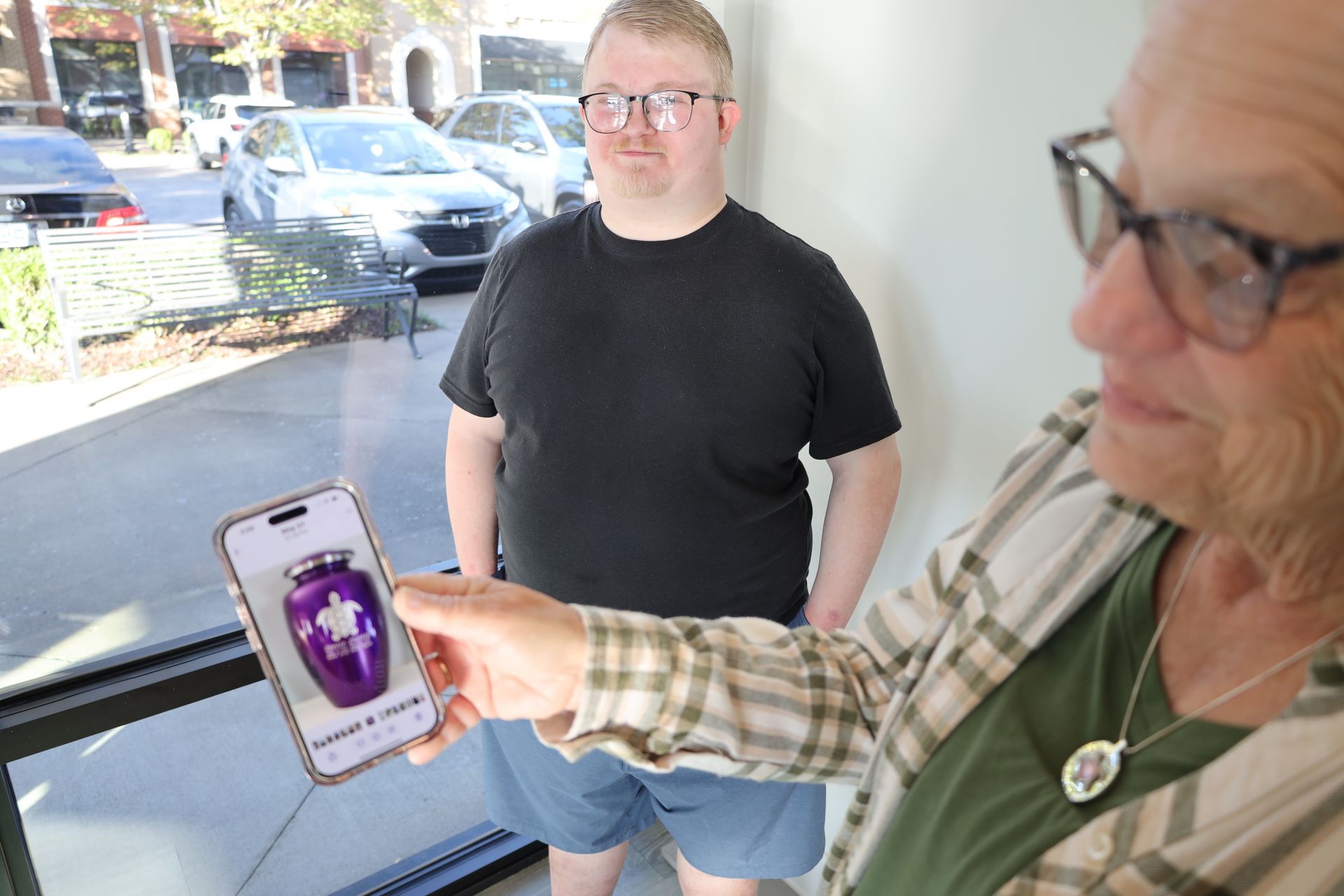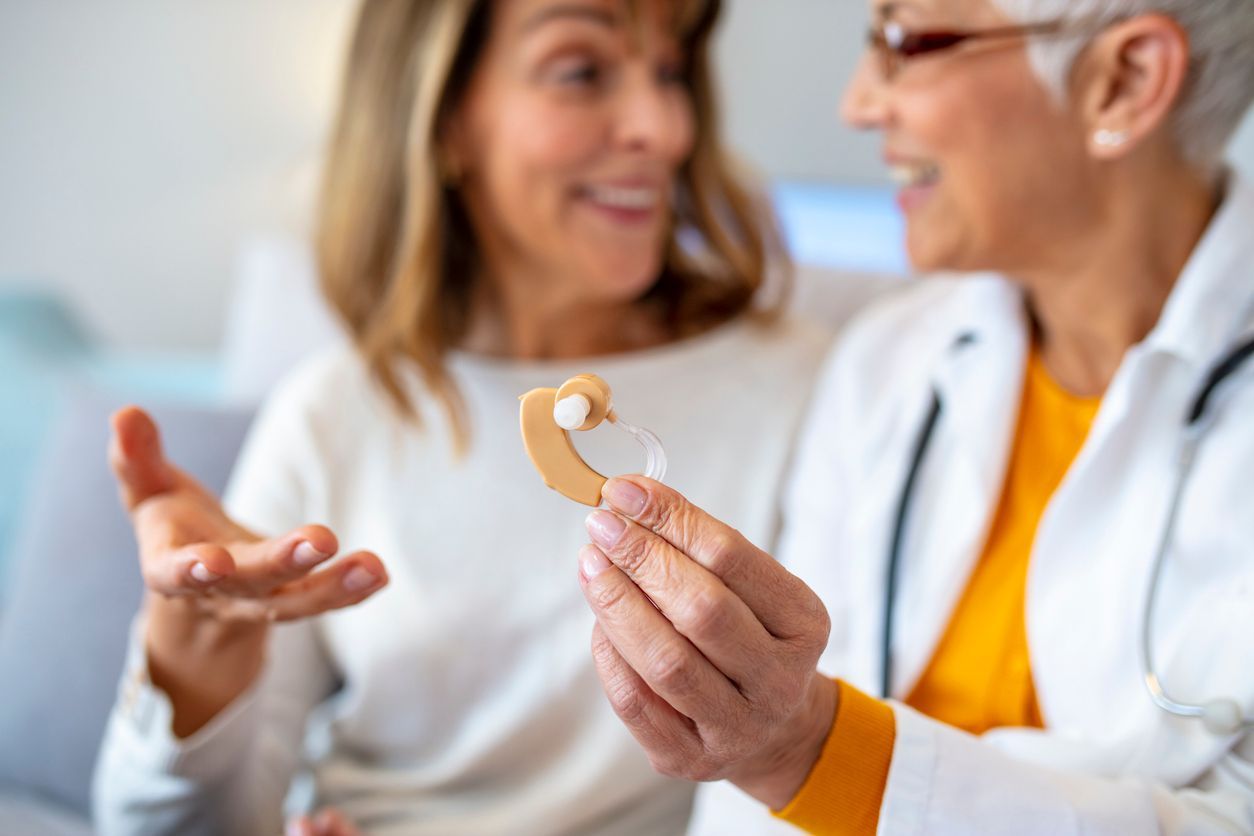How Do I Take Care of My Hearing Aids?

At Johnson Audiology, my colleagues and I are committed to helping our patients get the maximum benefit from investing in hearing aids. Educating our patients on the proper care of their hearing aids is part of that commitment.
We’ve decided it’s essential to extend this education to the community outside of our hearing center. Here’s what you need to know about caring for your hearing aids.
Avoid Moisture and Extreme Temperatures
Although many of today’s devices are water-resistant, it’s still not a good idea to expose your hearing aids to moisture. We advise our patients to put their hearing aids on after they’ve completed showering and the rest of their morning personal care routine. Sometimes, users forget hair care products like hairspray could introduce moisture to their devices. Also, the poolside isn’t the best place to leave your hearing aids while you take a refreshing swim.
Hearing aids shouldn’t be exposed to extreme heat or cold. For instance, leaving them inside of a parked car during summer could be damaging. Since excessive heat is harmful to your device, hairdryers, ovens, and microwaves aren’t suitable for drying out a wet device. (Trust me, some people have tried!)
Regular Cleaning Is Essential
Harvard Medical School reports that up to 70 percent of hearing aid repairs link to earwax damage. We see a similar ratio of hearing aid problems caused by earwax in our clinic.
It’s a good idea to make cleaning wax from your hearing aids part of your bedtime routine every night. If your device didn’t come with a cleaning brush, you could use a soft toothbrush to remove earwax and other debris. During cleaning time, you can also check for build-up in the wax filter and replace it as necessary.
Batteries Need Care Too
After you’ve cleaned the device, remove the batteries for the night, and leave the compartment open. That action prevents corrosion, extends battery life, and allows the compartment to dry out.
We recommend changing batteries on a regular schedule rather than waiting until they’re spent. How long your batteries last depends on factors such as your usage, what device you have, and the type of battery. Using a calendar to figure out how long your batteries usually last will make creating a schedule more manageable.
Handle Your Devices with Care
I like to remind new users that hearing aids contain intricate technology. When handling your devices, it’s a good idea to work over a soft surface. You’re far less likely to damage your device if you drop it. When you’re not using your hearing aids, they need to be in a safe place that’s out of the reach of children or pets.
Are your hearing aids in need of a little TLC? Even with proper maintenance, we know accidents can happen. If you need assistance with your devices that are beyond the scope of regular maintenance, our experienced audiologists know how to make hearing aid repairs and adjustments.
Recent Posts




